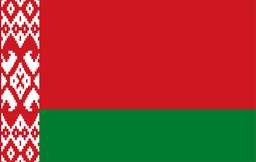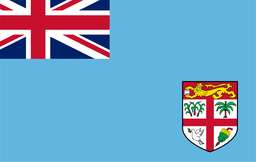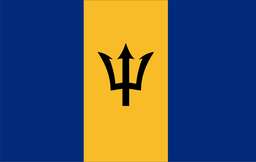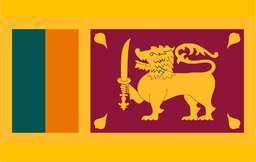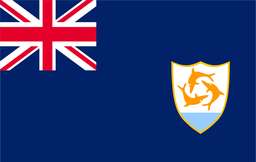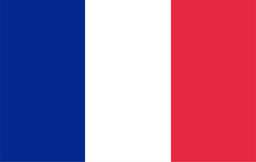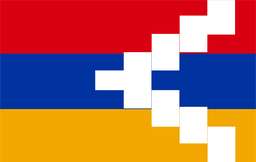Officially the Republic of Chile, Chile is a republic in South America on the western coast. The main events and forces that have molded Chile into the dynamic and varied country it is today will be discussed in this essay.
Early Columbian Period
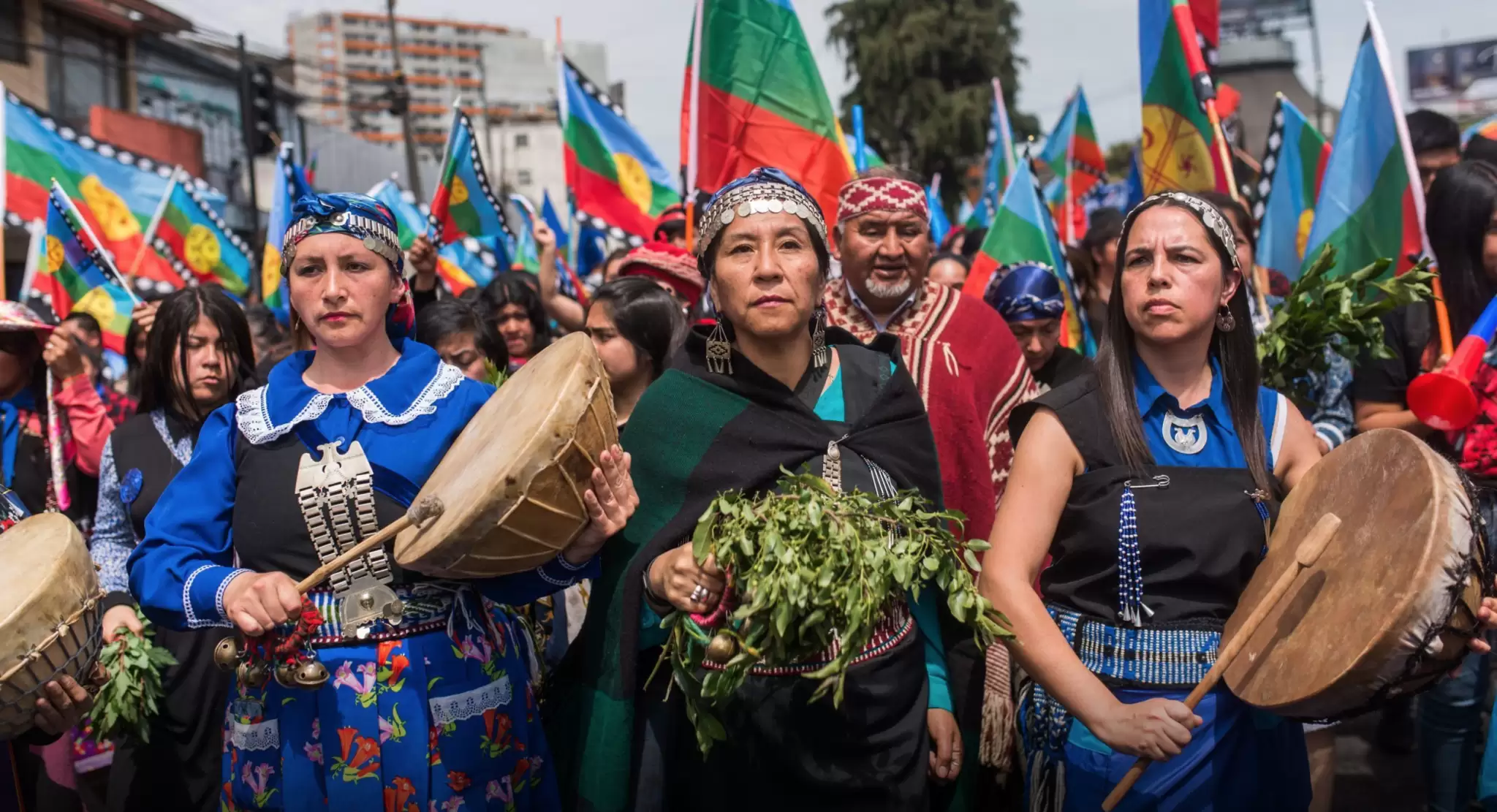
Indigenous people that have lived in Chile for thousands of years prior to European arrival were the initial occupants of the country. The Mapuche people who settled central and southern Chile were the most prominent group. With their own political and social structures, they were adept farmers. Advanced metallurgical techniques and trade systems were well-known features of these societies.
Spanish Conquest
Arriving in Chile in 1536, Spanish adventurer Diego de Almagro started the colonizing enterprise. Pedro de Valdivia did not, however, remain permanently in Santiago, which developed to become the capital city, until 1541. Diseases like smallpox brought by the Spanish control seriously diminished the indigenous population. Along with bringing Christianity to the area and forcing many Indigenous people into work, the colonists also
Political Instability and Independence
Following a sequence of wars under General Bernardo O'Higgins, Chile declared its independence from Spain in 1818. Still, political unrest and military upheavals dogged the nation during much of its early life. General Augusto Pinochet replaced the democratically chosen government with a dictatorship lasting until 1990 in 1973. Economic hardship and breaches of human rights defined the government.
In the 20th century
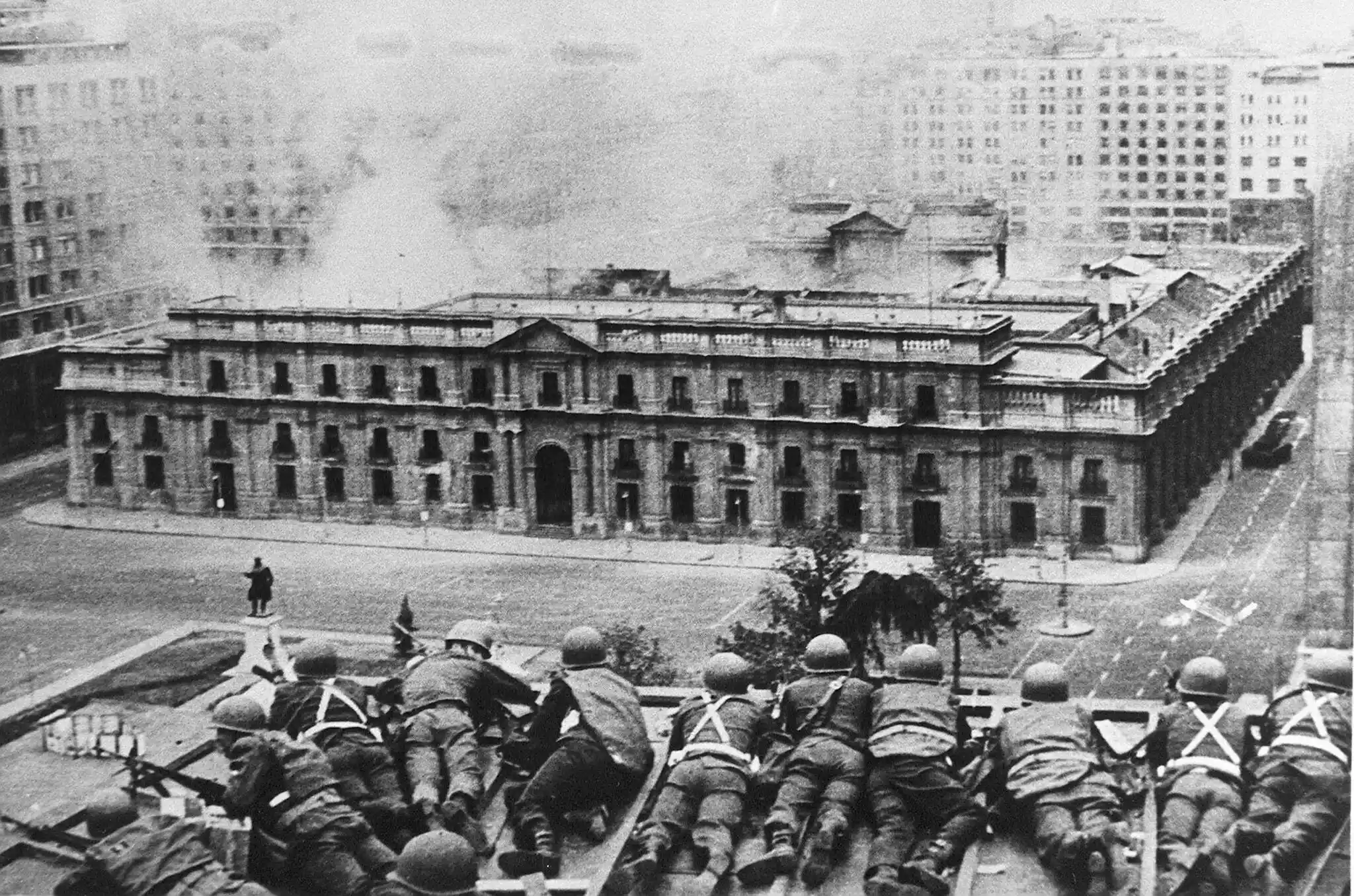
Chile returned to democracy and saw notable economic development in the late 20th century. Its economy was much enhanced by its natural resources, notably reserves of copper. Apart from environmental issues, political unrest, and seismic activity, Chile also addressed social and economic development although it has maintained developing.
Pinochet's lifetime (1973–1990)
A dark chapter in Chilean history, the Pinochet dictatorship distinguished itself for major violations of human rights and economic instability. Over this period, thousands of people were imprisoned, harassed, and killed for their political views. Notwithstanding this, under the free-market principles the government adopted, Chile saw notable economic expansion. Rising inequality and societal instability were thus paid for by this, though.
The twenty-first century
Chile has moved peacefully towards democracy in the twenty-first century and now concentrates on advancing social fairness and human rights. It has lately taken the front stage globally in environmental preservation and renewable energy. Chile still has problems like governmental corruption, educational reform, and income disparity. Still, its democratic administration keeps striving to solve problems and enhance the quality of living for its people.
Geography and Culture
Chilean geography has shaped its way of life from the Andes to the Pacific Ocean. Famous are the glaciers of the nation, beaches, and deserts. Chilean culture was formed by Spanish colonialism and indigeneity. It's eating, dance, artwork, literature, and music all mirror this.
Landscape
Chile has a different topography; the Andes mountain range spans the whole nation. Although the Atacama Desert in the north is among the driest places on Earth, the southern Lake District features amazing lakes and volcanoes.
Climate and hydrography
Chile enjoys a varied temperature from the dry desert in the north to the temperate Mediterranean climate in middle Chile and the very cold, sub-Antarctic environment in the south. Furthermore, well-known in the country are its several rivers and lakes.
Biodiversity
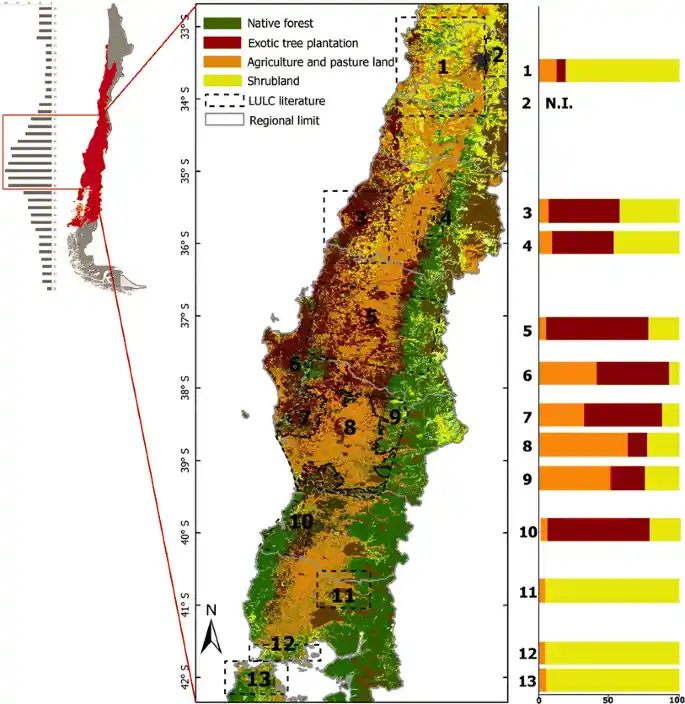
With so much diversity of flora and animals, Chile is one of the hotspots for biodiversity all around. Among the strange animals it hosts are Darwin's frog, the vicuña, and the Chilean flamingo.
Politics and governments
Chile is a democratic nation with a presidential form of government. Elected for a four-year term, the president leads both the state and the government. With the Centre-left Socialist Party and Centre-right National Renewal Party as the primary political parties, the nation boasts a multi-party system. Protests demanding constitutional change and more social equality have been continuous in recent years.
Foreign relations
Among other things, Chile is a big participant in world affairs and a member of the Organization of American States, the World Trade Organization, and the United Nations. It also maintains close relations with neighboring countries of South America.
Economy
The nation produces a lot of copper, and its economy today incorporates technology and renewable energy. With a significant wealth disparity between the rich and poor, income inequality remains a persistent problem in Chile, notwithstanding economic development.
Military
Chile boasts a competent military tasked with national security and defense. Comprising the Army, Navy, and Air Force, it requires all male citizens over the age of eighteen to serve mandatory military duty.
National icons
The five-point white star of the Chilean flag falls in the middle of a parallel red-yellow-blue tricolor. The condor, an Andean bird, is another Chilean emblem.
Travelling
Many people find Chile's varied terrain and rich cultural legacy appealing for a holiday spot. Visitors can visit cultural sites such as Easter Island, have wine tastings in central Chile, or just take in the amazing Patagonia region and Atacama Desert landscape.
Mineral resources
Chile ranks highest among all the copper-producing countries, with one-third of the global output. It also carries reserves of other minerals, including gold, silver, and lithium.
Agriculture
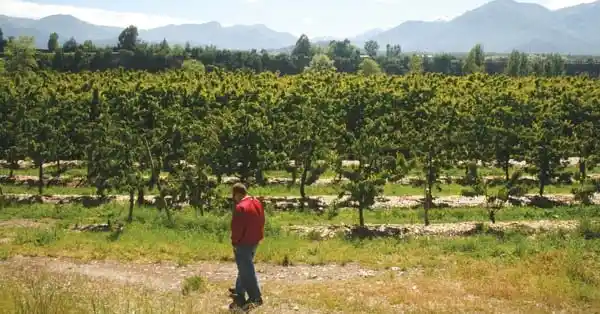
Mostly dependent on agriculture, Chile's economy consists of exports of grapes, avocados, and apples. Moreover, helping a vibrant fishing sector is the country's huge coastline.
Education
With high enrolment rates and better educational results, Chile has made notable developments in education recently. Still, the educational system suffers from unequal access and quality variations between urban and rural areas.
Transport
Chile features a modern transport system with important highways connecting numerous regions and a large airport network. In its capital, Santiago, the nation also boasts a contemporary underground system.
Energy
Chile is leading worldwide in solar and wind power and has committed itself to sustainable energy. It is also among the top nations for the generation of clean energy since it boasts notable hydroelectric resources.
Demographics
Most of the almost 19 million people living in Chile are found in cities. The country has a diverse population; mestizos, or mixed European and indigenous people, account for the most of any ethnic group. While Spanish is the official language, minority groups speak many indigenous languages. Although there is an increasing number of nonreligious people in Chile, Catholicism is the most often used religion there.
Urbanization
Chile boasts over eighty percent of its inhabitants living in cities, among the most urbanized nations in Latin America. About one-third of the national population lives in Santiago, the capital and largest city in the nation.
Healthcare
Chile boasts a public healthcare system offering its people free or low-cost treatments. Although it exists as well, private healthcare is usually more costly. The nation has come a long way in raising life expectancy and lowering infant mortality rates, among other aspects of healthcare quality.
Religion
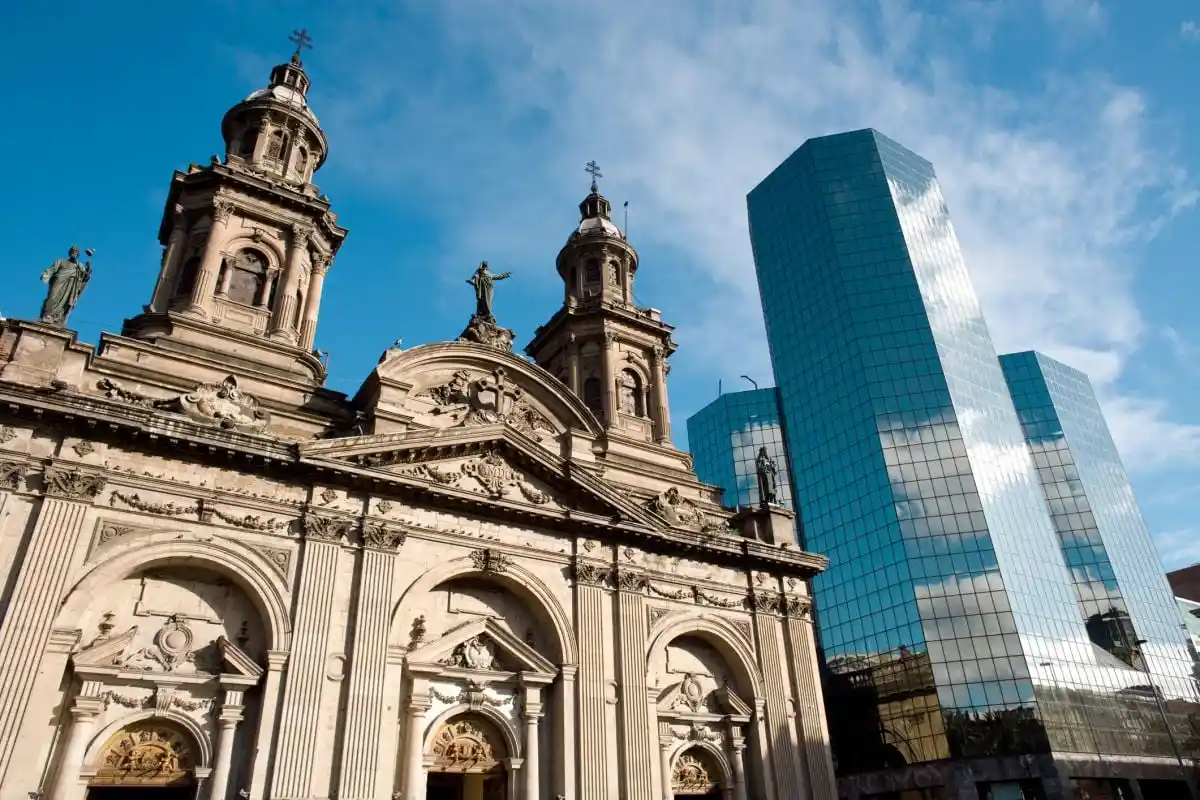
Though there is an increasing number of Protestants, particularly Evangelicals, most Chileans identify as Roman Catholic. In some parts of the nation, indigenous beliefs and faiths are also rather important.
Food and cooking
Although it boasts native foods like potatoes and maize, Chilean cuisine is largely inspired by Spanish cuisine. Popular foods are seafood ones like ceviche and empanadas, stuffed pastries. Particularly in the central part, Chile's wine production is quite well-known.
Sports
With the national team regularly competing internationally, football is the most played sport in Chile. Other often-used sports are rodeo, basketball, and tennis. Important athletic events include the Dakar Rally and the Copa America, which have also been staged in Chile.
Languages
Though Spanish is the official language of Chile, numerous minority groups also speak many indigenous languages. These treat Mapudungun, Aymara, and Quechua.
Media
Chile boasts a varied media environment and safeguards freedom of the press. Both national and worldwide news are covered by major newspapers and TV outlets. Chile also uses social media extensively; the population has a high internet connection.
Cultural heritage
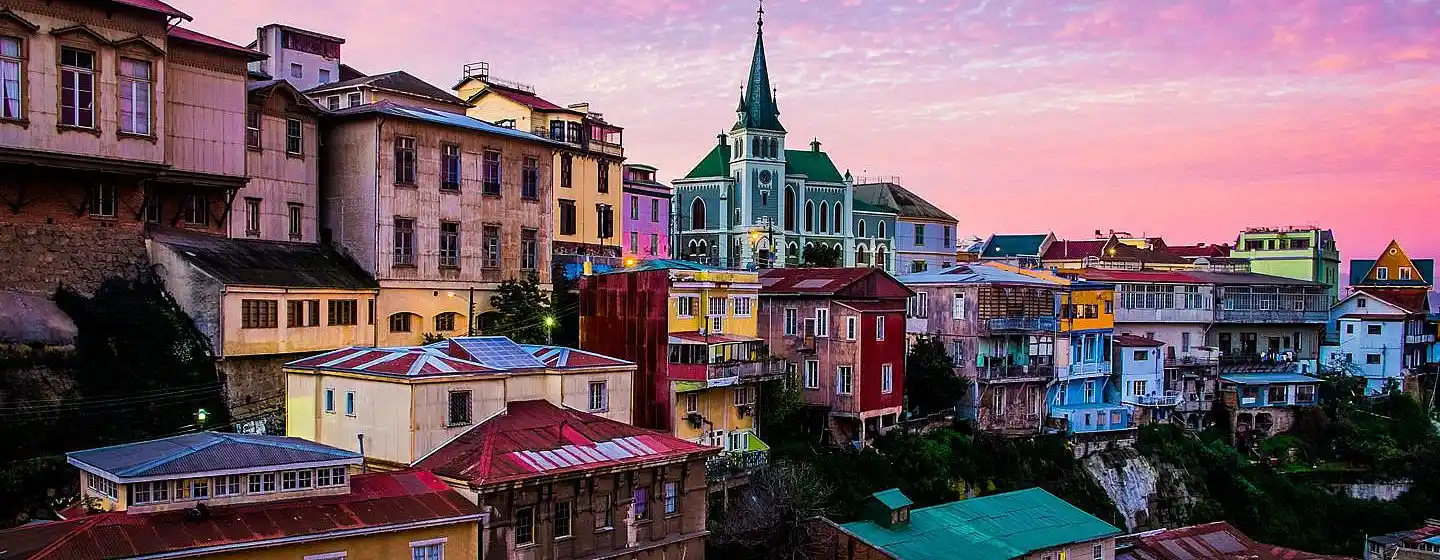
Two of Chile's multiple UNESCO World Heritage Sites are the old port city of Valparaiso and Rapa Nui National Park. Stressing its rich cultural legacy, these websites entice tourists from all across Chile.





